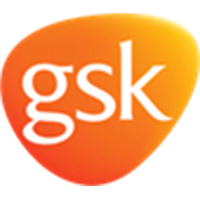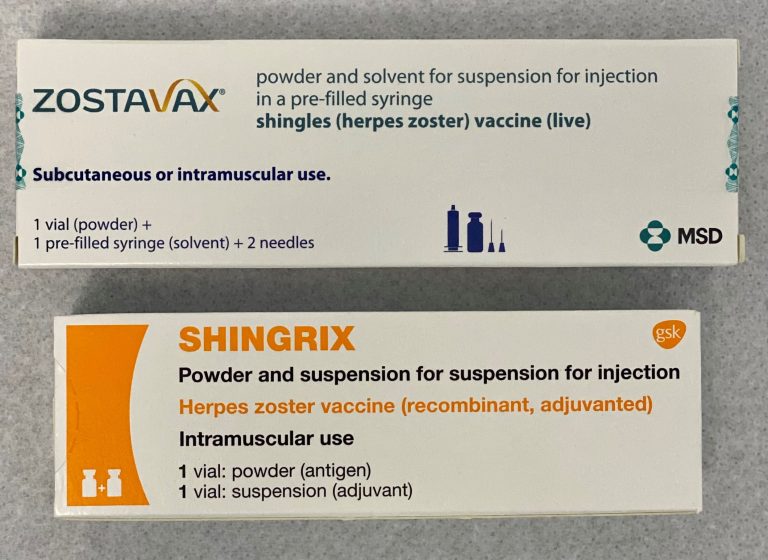GlaxoSmithKline plc (LON/NYSE: GSK) has reached agreement with Pfizer Inc to combine their consumer health businesses into a new world-leading Joint Venture, with combined sales of approximately £9.8 billion ($12.7 billion). GSK will have a majority controlling equity interest of 68% and Pfizer will have an equity interest of 32% in the Joint Venture.
The proposed all-equity transaction represents a compelling opportunity to build on the recent buyout of Novartis’ stake in GSK Consumer Healthcare, to create a new world-leading consumer healthcare business and to deliver further significant shareholder value. The proposed transaction also supports GSK’s key priority of strengthening its pharmaceuticals business over the next few years by increasing cashflows and providing an effective pathway through the separation of GSK Consumer Healthcare to build further support for investment in its R&D pipeline.
New Consumer Healthcare Joint Venture
The new Joint Venture will be well-positioned to deliver stronger sales, cash flow and earnings growth driven by category leading Power Brands, science-based innovation and substantial cost synergies. The combination will bring together two highly complementary portfolios of trusted consumer health brands, including GSK’s Sensodyne, Voltaren and Panadol and Pfizer’s Advil, Centrum and Caltrate. The Joint Venture will be a category leader in Pain Relief, Respiratory, Vitamin and Mineral Supplements, Digestive Health, Skin Health and Therapeutic Oral Health. The Joint Venture will be the global leader in OTC products with a market share of 7.3% ahead of its nearest competitor at 4.1% and have number 1 or 2 market share positions in all key geographies, including the US and China.
The proposed transaction is expected to realise substantial cost synergies, with the Joint Venture expected to generate total annual cost savings of £0.5 billion by 2022 for expected total cash costs of £0.9 billion and non-cash charges of £0.3 billion. Planned divestments targeting around £1 billion of net proceeds are expected to cover the cash costs of the integration. Up to 25% of the cost savings are intended to be reinvested in the business to support innovation and other growth opportunities. Overall the Joint Venture will target an Adjusted operating margin percentage in the ‘mid-to-high 20’s’ by 2022.
GSK expects the proposed transaction to be accretive to Total earnings in the second full year following closing, reflecting the impact and timing for the costs of integration; and to be accretive to Adjusted earnings and free cashflow in the first full year after closing.
Future separation
The proposed transaction is transformational to the scale of GSK’s Consumer Healthcare business. Within 3 years of the closing of the transaction, GSK intends to separate the Joint Venture via a demerger of its equity interest and a listing of GSK Consumer Healthcare on the UK equity market. Over this period, GSK will substantially complete the integration and expects to make continued progress in strengthening its Pharmaceuticals business and R&D pipeline.
The intended separation of the Group will allow the two resulting companies to be established with appropriate capital structures for their future investment needs and capital allocation priorities. The new consumer healthcare company with its more durable cash flows will be able to support higher leverage levels than the GSK Group today, creating the opportunity on separation to reduce the leverage in the new Pharmaceuticals/Vaccines company.
Dividend expectations
GSK remains committed to its current dividend policy and confirms it continues to expect to pay 80 pence per share in dividends for 2018. Recognising the significance of this proposed transaction and the importance of dividends to shareholders, the company is today confirming that it expects to pay dividends of 80 pence per share for 2019.
Going forward, the proposed transaction enhances prospects for the Consumer Healthcare business and supports the development of GSK’s Pharmaceuticals business. With expected improvements in both businesses, GSK expects to be well positioned to deliver returns to shareholders alongside continued investment in its strategic priorities.
Emma Walmsley, Chief Executive Officer, GSK, said:
“Eighteen months ago, I set out clear priorities and a capital allocation framework for GSK to improve our long-term competitive performance and to strengthen our ability to bring new breakthrough medicines and better healthcare products to people around the world. We have improved our operating performance and have set out a new approach to R&D. We have also started to reshape the Group’s portfolio through prioritisation of R&D programmes, acquisitions such as that proposed with the oncology biopharmaceutical company, TESARO, the minority buy-out of the consumer healthcare business and a series of non-core product divestments.
“The transaction we have announced today is a unique opportunity to accelerate this work. Through the combination of GSK and Pfizer’s consumer healthcare businesses we will create substantial further value for shareholders. At the same time, incremental cashflows and visibility of the intended separation will help support GSK’s future capital planning and further investment in our pharmaceuticals pipeline.
“With our future intention to separate, the transaction also presents a clear pathway forward for GSK to create a new global Pharmaceuticals/Vaccines company, with an R&D approach focused on science related to the immune system, use of genetics and advanced technologies, and a new world-leading Consumer Healthcare company.
“Ultimately, our goal is to create two exceptional, UK-based global companies, with appropriate capital structures, that are each well positioned to deliver improving returns to shareholders and significant benefits to patients and consumers.”









































